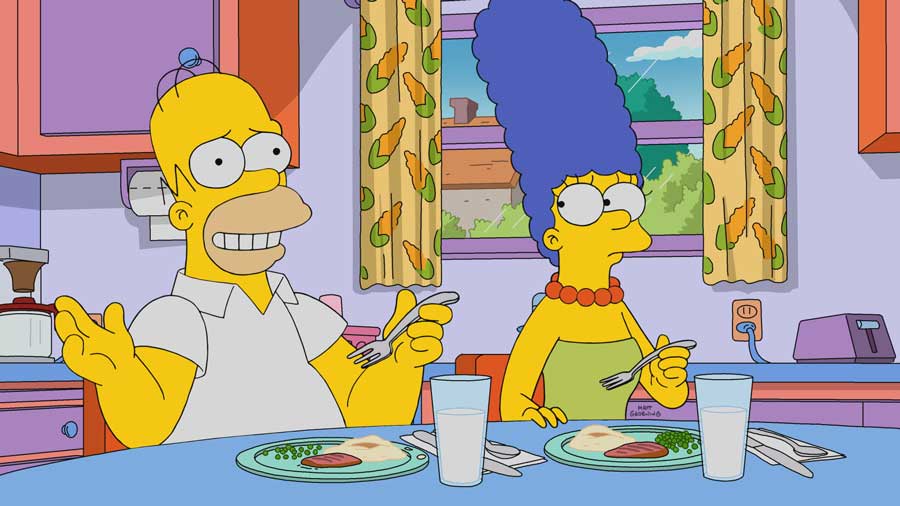Disney-Fox Deal Shakes Up Media World

The smarter way to stay on top of broadcasting and cable industry. Sign up below
You are now subscribed
Your newsletter sign-up was successful
Instead of retiring, Walt Disney Co. CEO Bob Iger decided to shake up the TV world. By spending $66.1 billion (including debt) to acquire assets from Rupert Murdoch’s 21st Century Fox including movie and TV studios, cable networks, international businesses and interests in Sky plc and Hulu, Disney is raising the bar for those that want to compete in the media business.
That price tag is cheap, according to one senior executive at Comcast, which launched its own unsuccessful bid for the Fox assets. Murdoch’s mind was made up to sell to Disney, apparently because he preferred to own Disney’s stock rather than Comcast’s, the executive said.
If the deal closes, Disney will gain ammunition in the intensifying battle with Silicon Valley powerhouses — Netflix, Amazon, Google, Facebook, Apple — which are spending billions on programming, disrupting what has been a profitable business model.
The Future Is DTC
Disney already has plans to start a direct-to-consumer business, an ESPN-branded sports product in 2018 and a Disney-branded entertainment service in 2019.
Launching those would be challenge enough, but now, Disney must also spend 12 to 20 months shepherding its acquisition past an administration that has already thrown up a roadblock to AT&T’s potentially game-changing acquisition of Time Warner.
“We obviously know that a deal of this size will receive a considerable amount of regulatory scrutiny,” said Iger, who could receive as much as $142 million in stock for extending his tenure. “We believe that when regulatory authorities look at it they’ll see that it is incredibly compelling from a consumer perspective.”
The smarter way to stay on top of broadcasting and cable industry. Sign up below
Also working in favor deal approval is Murdoch’s relationship with the current occupant of the White House.
The day the deal was announced President Donald Trump spoke to Murdoch and congratulated him. Trump thinks “this could be a great thing for jobs,” said White House press secretary Sarah Huckabee Sanders.
Disney, meanwhile, says there will be cuts worth $2 billion once the deal is finalized, including eliminating jobs. “There’s obviously some overlap in that we are in some similar businesses,” Iger said, adding.
What role the Murdochs will have in the combined company was unclear. Fox shareholders will have a 25% stake in Disney after the deal closes. There had been reports that James Murdoch, Rupert Murdoch’s younger son and now CEO of 21st Century Fox, would have a senior role at Disney, but Disney said that was still being looked at.
While Disney is buying 21st Century Fox’s regional sports businesses in the U.S., Fox will remain a competitor for sports rights going forward. Disney will need all the size it can get as sports rights continue to increase in price, especially as Amazon and the other digital players begin to bid to move packages now on broadcast and cable to streaming platforms. And at some point the RSNs could become part of Disney’s direct-to-consumer offering.
As for the Murdochs, they say they’re not going anywhere. On a call with analysts, Rupert Murdoch insisted Fox was “absolutely not retreating from the business, we’re pivoting.”
The new Fox will be a growth company focusing on must-watch news and live sports, executives said.
“We’ve always been interested in game changers and we’re in a business of change, of challenge and of never being complacent,” said James Murdoch. Fox is “set to be the premier American television brand for decades to come.”
Even without a studio, Rupert Murdoch insisted, “I think we are in a strong position to get all the programs we need” from other suppliers.
Analyst Rich Greenfield of BTIG said the deal seemed good for the Murdochs.
Bad News for Netflix
It may not be so good for Netflix and pay TV distributors.
“The premium video market will become more competitive. This might cause greater pay TV video sub losses,” said Tom Eagan of Telsey Advisory Group.
And Disney’s control of content from Fox “will likely force Netflix to spend more on original content,” Eagan said.
Jon has been business editor of Broadcasting+Cable since 2010. He focuses on revenue-generating activities, including advertising and distribution, as well as executive intrigue and merger and acquisition activity. Just about any story is fair game, if a dollar sign can make its way into the article. Before B+C, Jon covered the industry for TVWeek, Cable World, Electronic Media, Advertising Age and The New York Post. A native New Yorker, Jon is hiding in plain sight in the suburbs of Chicago.

